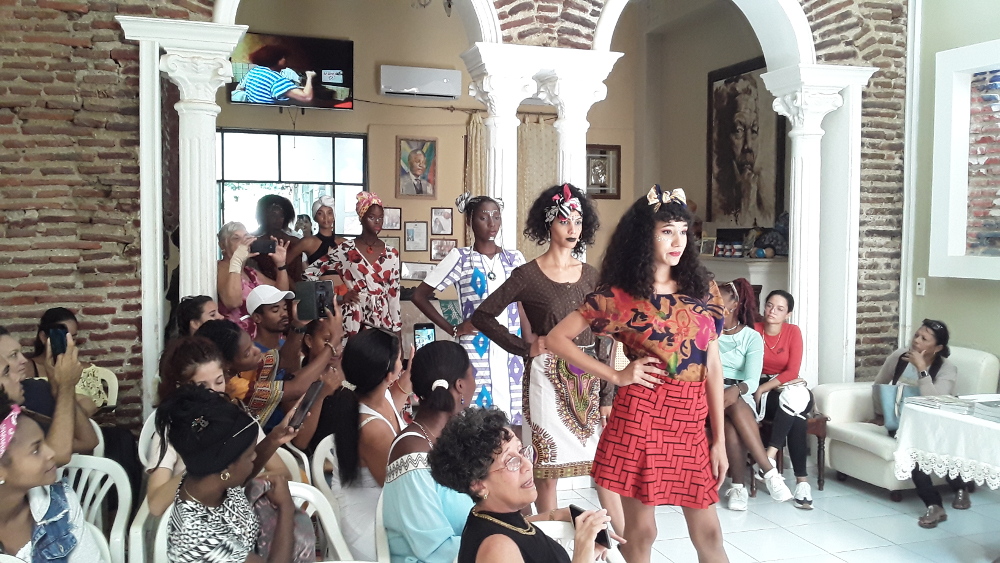CAMAGÜEY.-Raciality, identity and the concept of Cubanness were fundamental ingredients in the conversation held at Casa Madiba, between historians and an audience made up, mostly, of young people from various educational institutions and political organizations.
With Slavery in Cuba in the first half of the 19th century, the specialist, Fernando Manso Alonso, opened the meeting. The researcher spoke about the forced introduction of Africans to the island, as a response to the extermination of the aboriginal population, he took a chronological look at the subject and elaborated on the characteristics of this exploitation of man in Cuba and, specifically, in Puerto Príncipe, where the largest number of serfs resided in the city.
About racism and emancipation in current times, the intervention of the president of the Union of Historians of Cuba (Unhic), Camagüey’s affiliate, Dayron Pérez Rodríguez, who specified that "what should prevail in human relations is respect and equity, to build the trunk of our Cuban identity”.
Along the same lines, the president of the Camagüey’s Slave Route Committee, Yoelxy Pilliner López, raised the “need to defend the identity of a mestizo culture. A behavior must be gestated in the individual that directs him to be a better person, to build a society free of these evils. He also added how education in the family plays a fundamental role in avoiding the reproduction of stereotypes and prejudices in the present.
As part of the activity, the afro trend company, L'Glamour, modeled in traditional costumes, for the audience, the MSc. Ángela Benítez Quevedo, promoted various books, such as El término Hispanoamérica, by Miguel Rojas Gómez, and the Manus Aureus community sociocultural project, exhibited some of their artisan creations to complement with manual arts, the knowledge of history and the roots that we make up.
Translated by Linet Acuña Quilez



